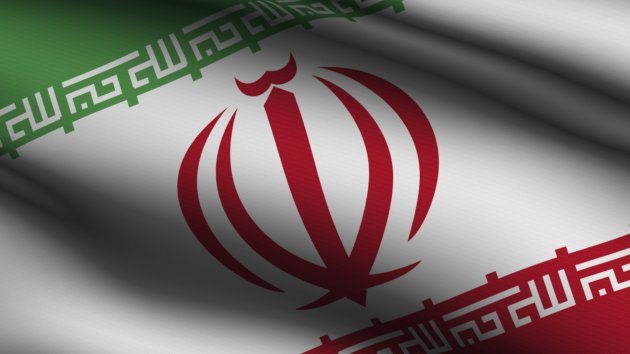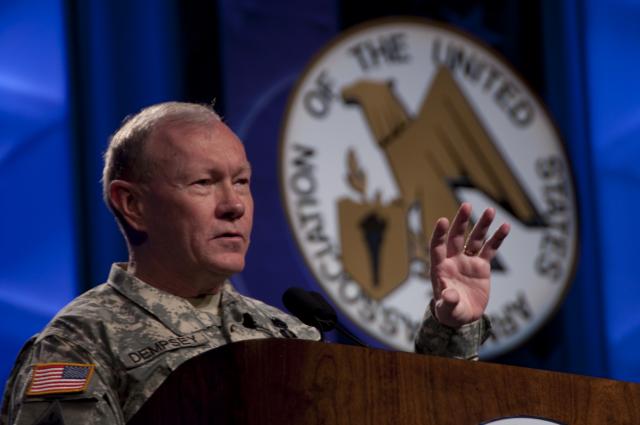BAKU: Iranian-Azerbaijani tensions — which have been escalating for weeks — have apparently erupted into a cyberskirmish that has affected dozens of websites in both countries.
Meanwhile, a meeting between Azerbaijani, Iranian, and Turkish foreign ministers scheduled for January 17 was suddenly canceled.
The official reason cited was that Turkish Foreign Minister Ahmet Davutoglu must attend the funeral of Turkish Cypriot leader Rauf Denktash.
On the same day the meeting was supposed to have taken place, a group calling itself the “Real Azerbaijani Cyberarmy” launched a cyberstrike against dozens of Iranian sites, making them inaccessible.
These attacks are apparently a response to a similar attack on January 16, in which about a dozen official Azerbaijani sites, including those of President Ilham Aliyev, the ruling New Azerbaijan Party, the Constitutional Court, and the Interior and Communications Ministry were inaccessible.
Visitors were greeted by claims of responsibility from the “AzerianCyberArmy” and assertions that the government in Baku is “serving Jews.”
The same day, several websites in Israel — including the sites of the El Al airline and the Tel Aviv stock exchange — were attacked.
Communications Minister Mushfiq Amirov said on January 17 that the attacks against Azerbaijani sites have been traced to several “geographical locations,” but he declined to specify where and did not attribute blame for the attacks.
The Azerbaijani sites were promptly restored and analysts downplayed the significance of the cyberassault.
“This cannot be considered a full-scale cyberattack,” said Azerbaijani cybersecurity expert Rashad Aliyev. “They gained access to the sites’ servers, threw a shell program over them, and changed the indices without damaging the databases, but they have changed some files.
“It shows the programming of the sites is weak. If you can break a door with a stone and enter, [it shows] the site could be exposed to bigger attacks. One or two hours was required to return the sites to their previous state.”
Months Of Tension
Relations between Azerbaijan and Iran have been particularly strained in recent months.
Tehran has criticized Baku’s close relations with Israel, which regards Azerbaijan as a key friend among Muslim countries. Azerbaijani supplies account for about one-fifth of Israel’s oil stocks.
Azerbaijan is also currently a nonpermanent member of the UN Security Council, which regularly discusses Iran’s controversial nuclear program.
President Aliyev’s government is staunchly secular, and it has recently cracked down on pro-Iranian groups and mosques in Azerbaijan.
In November, prominent Azerbaijani writer Rafiq Tagi was killed in an attack widely seen as retaliation for an anti-Iranian article he had published.
Although Tehran has denied any involvement in Tagi’s killing, he was targeted in a 2007 fatwa by Iranian cleric Grand Ayatollah Fazel Lankarani.
In December, Azerbaijani Deputy Foreign Minister Araz Azimov, speaking in Washington, D.C., accused Iran of “vigorously and economically cooperating with Armenia,” noting that “Iran has many more agreements with Armenia than with Azerbaijan.”
He said Iranian support helps Armenia maintain its “occupation” of the disputed Azerbaijani region of Nagorno-Karabakh.
Cyberattacks are notoriously difficult to attribute. A New Azerbaijan Party spokesperson claims the attack on the party’s website was traced back to Iran.
However, hacker groups in Armenia and Azerbaijan have traded similar attacks in the past.
Azerbaijan Internet Forum President Osman Gunduz said the attacks represent a declaration of “cyberwar.” He called on the authorities to investigate the security lapses that left the websites vulnerable.
RFE/RL correspondent Robert Coalson contributed to this story from Prague











